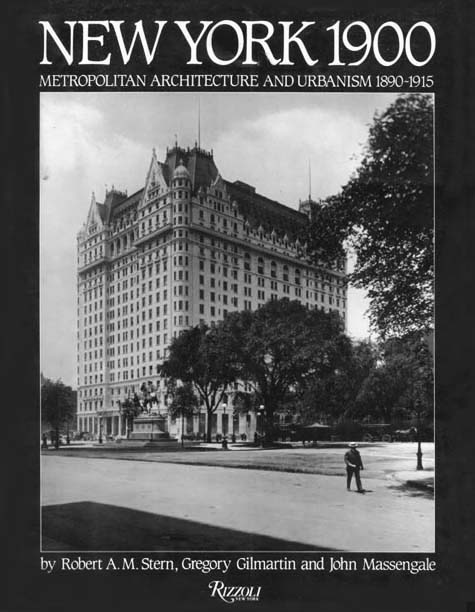POSTSCRIPT: When the highest profits in a market like New York’s come from 1) converting affordable rental housing into housing for sale that buyers use for investment and speculation, and from 2) building housing for the rich and the super-rich, there is no logical reason to say deregulating the market will bring affordable housing.
In a market that does not have a sudden imbalance of wealth and a large new group of buyers, the libertarian supply and demand argument might apply. But when a tiny group of people who own half the wealth in the world suddenly focus on a market that is already booming without them, the traditional supply and demand is no longer the problem. Every year, more and more affordable rentals are removed from the market, while building costs and land prices become too high to create new affordable rentals without subsidies, regardless of demand.
IN RESPONSE TO:
“What’s the Matter With San Francisco?”
“The city’s devastating affordability crisis has an unlikely villain—its famed progressive politics.”
Gabriel Metcalf, Jul 23, 2015, 184 Comments
I wrote:
Like some other commenters here, I think there is a fatal flaw in this argument. I have to qualify that by saying that I’m not familiar with the current housing market in San Francisco, but I am familiar with the market in New York City, where I live, and London, where my brother lives.
The fatal flaw is in thinking that the market will build housing for the middle class and blue collar workers and families if government just gets out of the way. New York and London show a different history, and I suspect there are similar factors at play in San Francisco.
The problem in New York actually started not with global capitalism, which distorts the local market in “global cities,” but with the widespread conversion of rental apartments to condominiums and co-ops, which began back in the 1970s. At that time, when the New York market was weak, there was no price difference most of the time between rent-stabilized prices and market-rate prices (of course there were exceptions, created by people who had occupied rent controlled apartments for decades, but they were the exceptions).
Almost immediately, even in a weak market, apartments became investments that people speculated in, which had not been the case with rental apartments, for obvious reasons. Since that time, many inexpensive rental apartments have been lost, and all the un-subsidized rental housing built since that time has been luxury housing.
All of that was magnified over time by a movement back to cities, and in New York by the phenomenal rise of profit on Wall Street after the mid-eighties. Greed is good, junk bonds, derivatives, etc. created unprecedented profits, and London had the same phenomenon in the City, because Wall Street and the City are joined at the hip. London also had North Sea Oil—an enormous boost for the British economy—and the EU, which suddenly made it easy for any European to move to London to work for investment banks.
San Francisco meanwhile had the rise of bankers sitting on the Pacific rim, and, of course, the rise of Silicon Valley. We no longer had incomes leveling off. More and more, we lived in two worlds: one was the super-rich, the rich, and near-rich who serviced the businesses of the super-rich, while the other was the rest of us. Ultimately, this became global capitalism, and the rise of the 1% who own more than 50% of the world’s wealth.
In New York, combine a shortage of inexpensive rental apartments with a phenomenal rise in the market for condominiums where the super-rich can park money, and you have a market where no one wants to build or can find affordable land to build inexpensive rental apartments. And every apartment that is not a rental is part of a fantastic speculative market.
London has the same phenomenon, even more exaggerated than in New York, because it is much closer to the super-rich in Russia and the Middle East. I can’t comment on the specifics of San Francisco, but I know it is part of the same phenomenon, overwhelmed by the wealth of Silicon Valley.
Perhaps there was a time when the argument that the market would self-correct if we stopped over-managing it (which has been the standard Libertarian argument for decades), but we live in a new world now, and the theory has to adjust to the circumstances.
Dawn Foster, Londoners are the real losers of the city’s luxury property boom, The Guardian.



